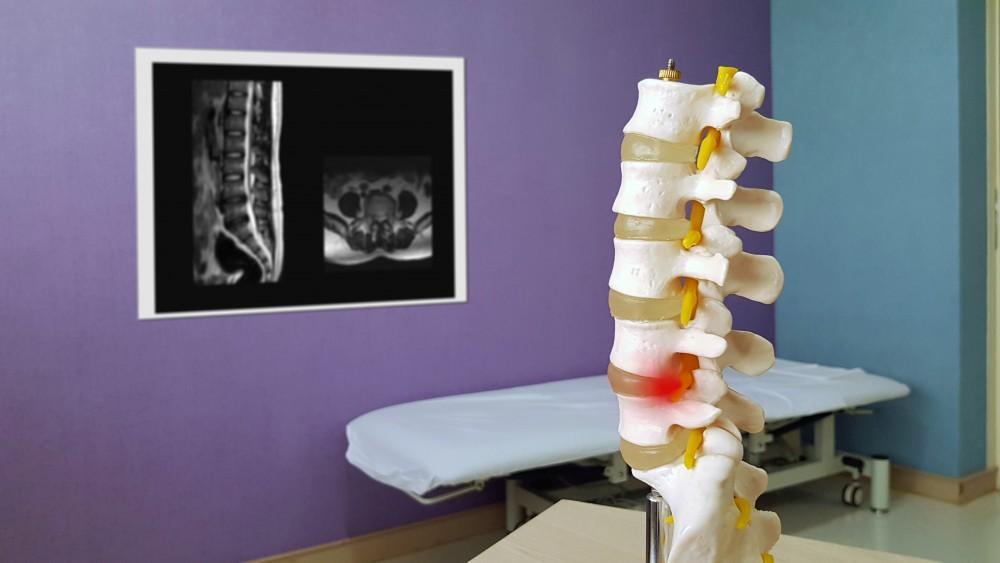
All About Pelvic Congestion Syndrome

If you’re struggling with chronic pain in your pelvis that worsens after sex, during your period, or after being on your feet all day, you could have a common but infrequently discussed condition called pelvic congestion syndrome (PCS).
Researchers estimate about one-third of all women experience PCS, but diagnosing this condition isn’t easy. At Alate Health in Houston, Texas, board-certified interventional radiologist Dr. Andrew Doe specializes in diagnosing and treating PCS using the latest medical technologies.
What is pelvic congestion syndrome?
Although the exact cause is still under investigation, medical researchers attribute PCS to problematic varicose veins in the pelvis, typically the ovarian vein. In normal veins, blood flows in one direction, from the pelvic organs to the heart, because of a valve that stops backward blood flow.
If you have varicose veins, the one-way valve is broken, allowing blood to flow backward and pool in the pelvis. This triggers inflammatory factors and irritates nearby nerves, causing problematic symptoms, including:
- Chronic (lasting longer than six months) pelvic pain
- Low back pain
- Pain that’s worse around the time of your period
- Pain during or after sexual intercourse
- Pain that’s worse after standing for long periods or exercise
- Trouble controlling your urine
- Presence of large or bulging veins in front of your vagina
- Abnormal vaginal bleeding
- Vaginal discharge
It’s important to note that every woman experiences PCS differently, so symptoms may vary from person to person.
Why do some women get PCS?
While it’s possible for any woman to develop PCS, certain risk factors increase your likelihood of developing the condition. The top risk factor linked to PCS is having had multiple pregnancies.
During pregnancy, the structure of your pelvis changes, which can impact the veins. Being pregnant also increases the volume of blood in your body, putting more pressure on your veins. This occurs at the same time your body increases estrogen production, which can weaken your blood vessels.
Past pregnancy is only one of the risk factors for PCS, however. Other things that elevate your chances of PCS include:
- Family history of PCS
- Having a retroverted (“tipped”) uterus
- History of hormonal imbalances
- Having PCOS (polycystic ovary syndrome)
In addition, having varicose veins in your legs or having fullness in your leg veins can increase your chances of PCS.
How is pelvic congestion syndrome diagnosed and treated?
Other conditions share many of the same symptoms with PCS, making it difficult to diagnose. This causes many women to suffer for years before receiving an accurate diagnosis and a chance for treatment.
In many cases, your provider rules out other causes of chronic pelvic pain and your additional symptoms, like endometriosis. If you’re at risk of PCS or have been told you have PCS, the best way to get an accurate diagnosis is through a diagnostic imaging test called a venogram.
A venogram diagnostic test involves injecting dye into your veins and using X-ray technology to look for areas where the blood flows backward. At Alate Health, your provider may be able to treat your PCS at the same time you have the diagnostic test.
At Alate Health, we treat PCS through a minimally invasive embolization procedure to stop blood flow to the damaged vein(s). Your provider places a small catheter (tube) into the affected veins, then injects the veins with either a chemical solution or a small metal coil that stops the backward flow of blood.
Embolization is highly effective, with recent studies indicating significant improvement for 100% of patients. The procedure is performed on an outpatient basis, so you’re free to return home once the embolization is complete. You can get back to your normal activities in 3-5 days and expect a full recovery in 2-4 weeks.
Learn more about pelvic congestion syndrome or schedule a consultation by contacting the Houston, Texas, offices of Alate Health at 713-322-7537. You may also request an appointment online.
You Might Also Enjoy...


I'm Nervous About My Upcoming VenaSealTM Procedure

Telehealth: The Advantages of Telemedicine

What Caused My Spinal Stenosis?

I'm Embarrassed About My Varicose Veins


